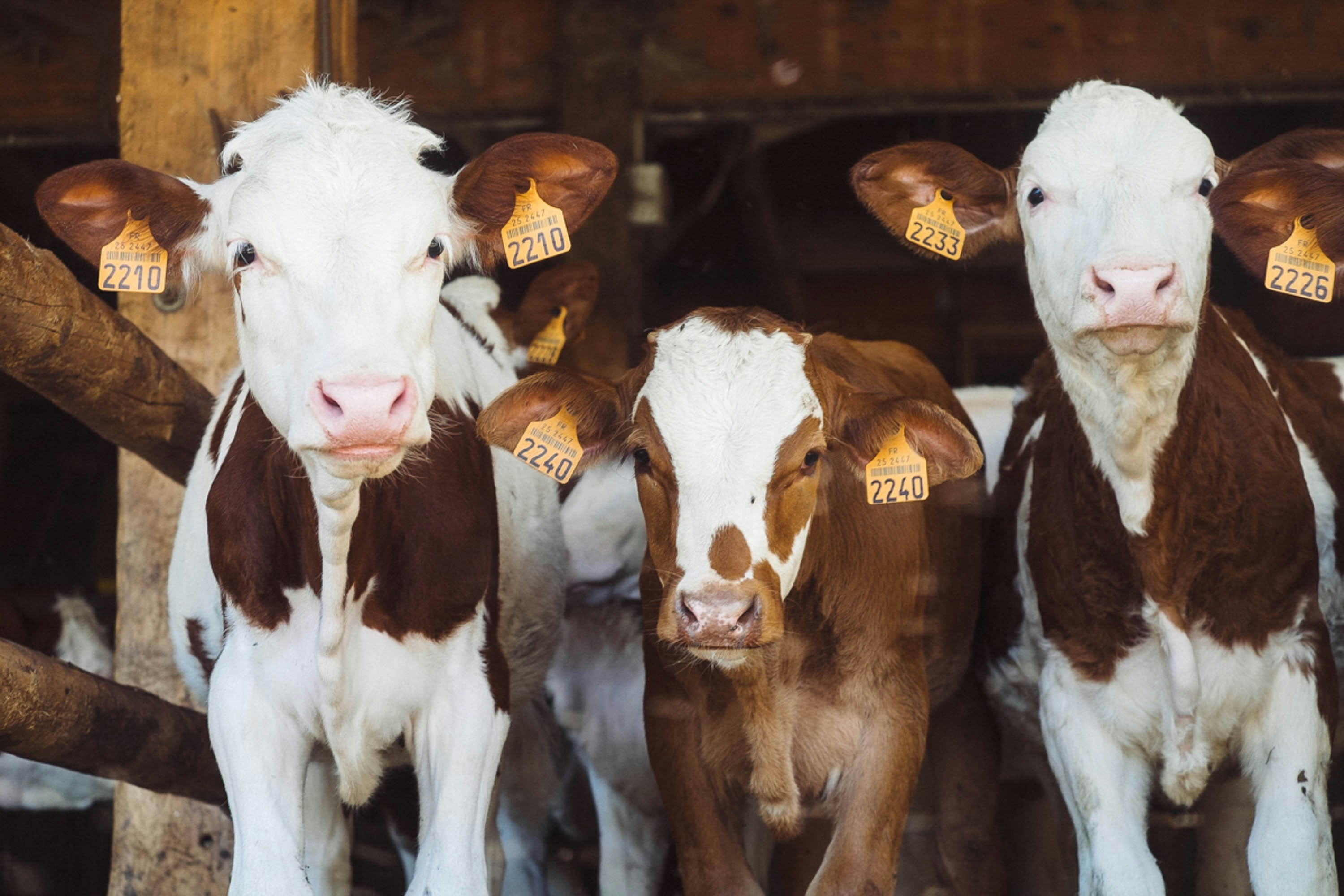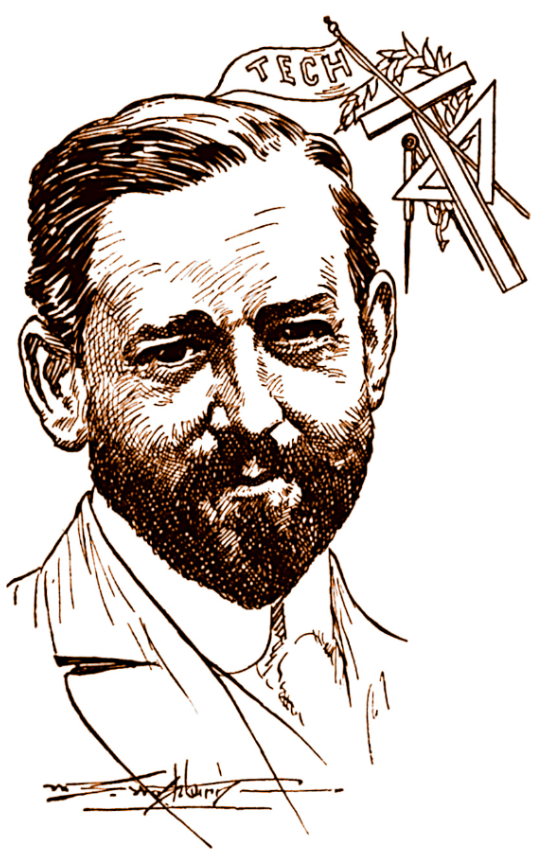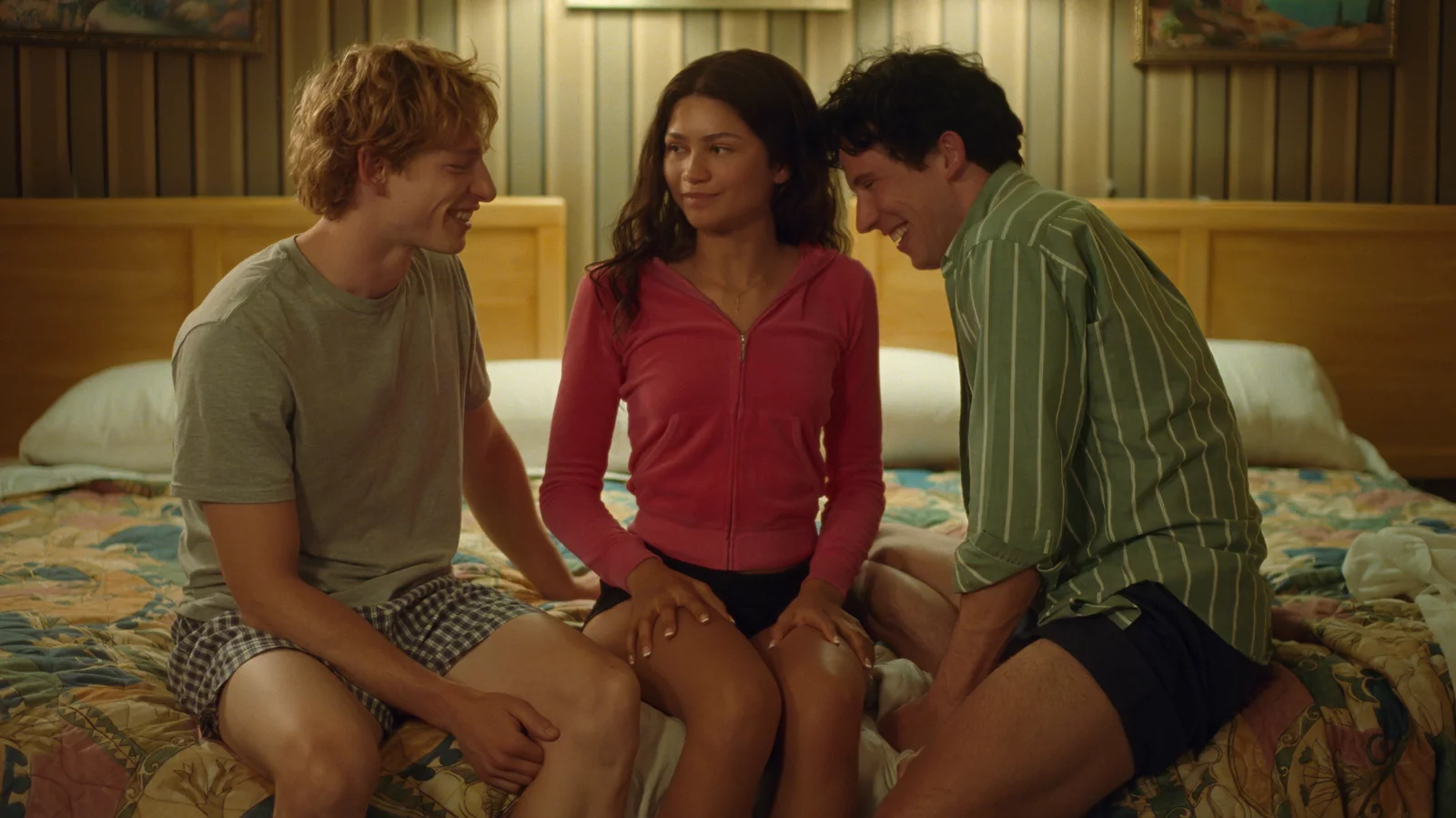
Commercials aren’t fun anymore.
I promise I’m not going to rant about how they put scary gays into my Bud Light ad and cry because gay people.
While commercials are desperate to make sure you know that they know that you know this is a commercial, a lot of the fun of a commercial is gone. Take a look at cheesy old-timey commercial breaks — the commercials never shied away from just selling themselves.
Nowadays, we’ve transitioned to full short-films that somehow conclude in selling us a car, or insurance, or medicine that turns us into a dog who could play basketball.
It’s cinematic, the ads go down way smoother, and yes, it’s nice seeing representation of real human beings instead of whichever blonde got made in a lab last weekend, but at the same time, I don’t think I’ve watched an ad that made me want to buy something in a while.
This all came from watching the original releases of “The Beverly Hillbillies,” a stupid TV show about what would happen if you took people who had a good head on their shoulders and forced them to move to hell on Earth (California). The show had interspersed scenes that served as advertisements. Not ads, just a straight-up scene in the show where the actors from the show would tell you to buy Corn Flakes or Winston Cigarettes. And boy, let me tell you — watch enough of those and you’ll be ready to head down to Forbes Tobacco and pick up a full handful of cigarettes.
Either way, I’m just going to point to this picture: https://www.flickr.com/photos/pellethepoet/6260706402
This could be you, if you were an easily impressionable mind watching “The Beverly Hillbillies.” We still have a few classics — the McDonald’s badabababa is an instant hit. This old kind of ad, the jingle-slogan-integrated ad, has fallen out of favor. Meanwhile, if you’re on knockoff not-banned TikTok, you’ve probably heard the J.G. Wentworth jingle, but if you look at any of those videos? They’re super grainy, and that’s because they’re old. People just don’t make ads like that anymore.
The real question is: Why not? Ads try to either sell you life experiences (if you buy this Hyundai, you might actually manage to make your ex-wife love you again), tell you snidely that they know they’re an ad, and that you know that and should just buy the product anyway (that little Geico lizard-rat, I wanna kill him), or just whatever the “He Gets Us” ads are.
This new trend is completely bucking what made advertisements, well, advertisements. Ads always evolve — that’s a natural part of any process — but recently, they’ve changed radically.
We started with the salesman-in-your-house (“Buy this product!”), which gave flashy, jingle-based ads with mascot characters and hot women (like any car ad. Ever. Seriously, you’d think buying a Chevy is gonna make half the population of a Florida beach come running after you). And then, once we realized that lying to people over the television was probably a bad idea, we started making infomercials, more mascots, and other ways to make products stick to people’s minds.
People get wise to old advertising tactics and they stop working, so the industry tries something new, and the cycle repeats. We know what an ad does, how they work, and what they’re doing. Now, advertisements focus more on drawing the viewer in. We’re making a short film, and the goal is to get you, yes you, to buy our product.
Of course, this also comes from the fact that old ads didn’t really need to deal with audience fragmentation. When you know the people watching your screen aren’t going anywhere, or flipping the channel, it gets significantly easier to just put something on the screen. No retention issues, no engagement worries, just play the ad and let the money roll in.
Now? I actively stop paying attention during ad breaks. They’re boring, and they’re not really doing anything unless they draw me in from the first second. Et voila, short film.
It’s honestly pretty cool to see. We’re seeing self-aware ads take over, but sooner or later, we’re going to be done with those. Can they get even more self-aware, like meta ads talking about the fact that ads talk about the fact that they’re ads these days? Or are we going to head back to “ooga booga hot people” and use that as a way to lure in the American consumer?






Leave a Reply